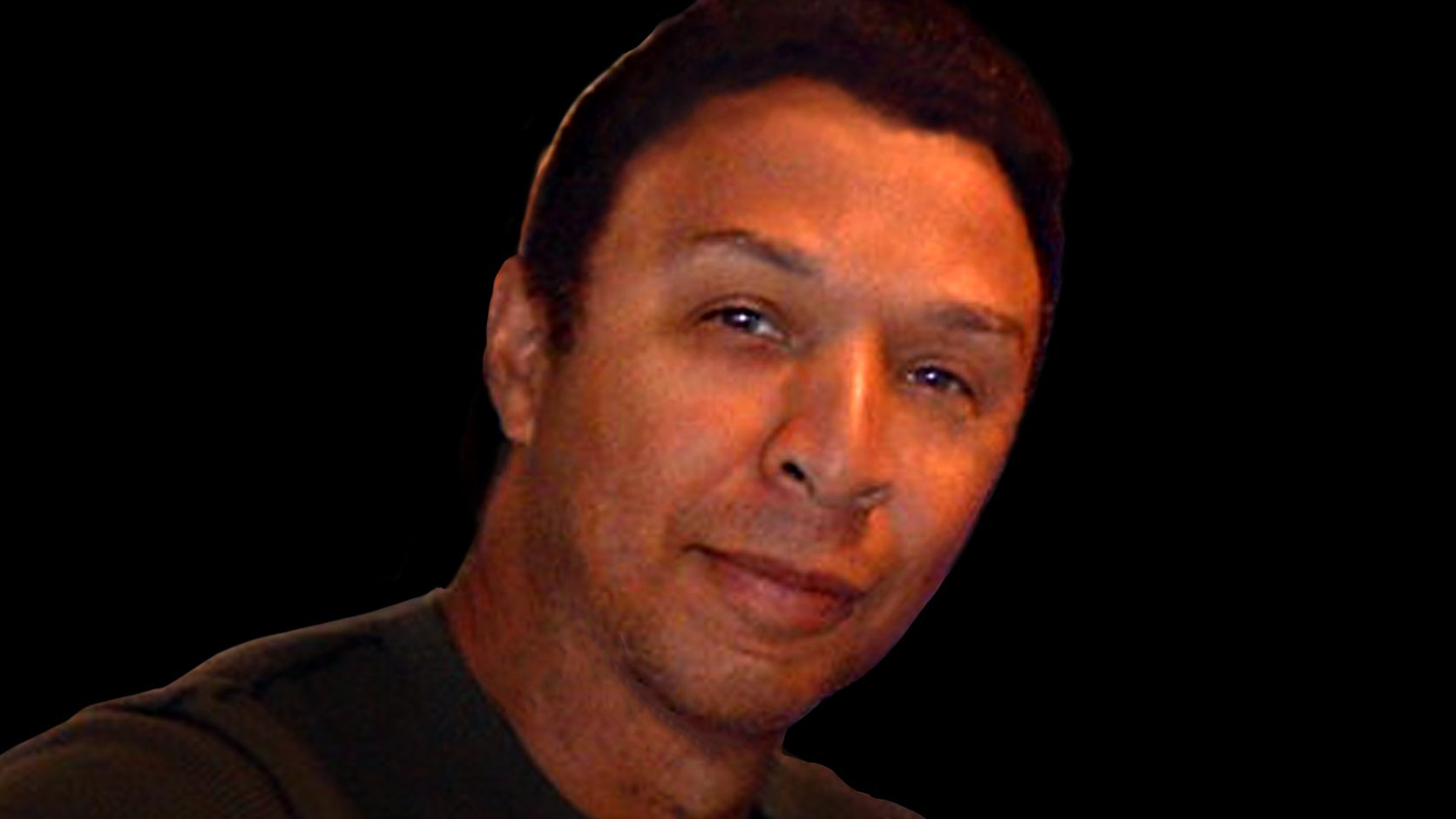Chris, is it true that when you were seven years old your mother encouraged you to take piano lessons after hearing you play Motown tunes on the piano by ear?
Yes, that is true. My mother saw me playing songs by ear and insisted that I take formal piano lessons. I was fortunate enough to study with Professor Gibbs from the Cincinnati Conservatory of Music who taught me not only how to read music but also taught me music theory and composition.
Was it already clear to you as a child that you wanted to become a musician?
Not at first, but I knew I loved music. I sort of grew into it.
After graduating from high school in Cincinnati, you moved to New York to study music composition at the Juilliard School of Music. In retrospect, how important do you consider this classical education for your work as an artist?
After graduating from high school, I had two career paths. I had been studying architecture for the last four years in high school, but I also studied music from the age of 7 until I graduated. I was enrolled in Ohio State but then decided to audition for Juilliard. Since I had been studying music longer, I decided to study music composition at Juilliard. I believe my classical music education has been essential in formulating my own style of composition.
Your relationship with the Isley Brothers goes way back. The Jasper and Isley families lived in the same apartment complex in Cincinnati. Did music play an important role in your relationship with the Isleys early on?
Not early on because the older brothers were much older than me and the two younger brothers, Marvin and Ernie. And, then the older brothers moved to New York when I was still pretty young studying with Professor Gibbs.
You formed your first band together with the two younger Isley brothers, Marvin and Ernie: “The Jazzmen Trio”. How do you remember those first steps in the music business?
Eventually, Marvin and Ernie moved with the Isley family to New Jersey, and I would come up in the summers and spend time with my sister, Elaine, who was married to Rudolph Isley. During those visits, I would practice with Ernie, who played drums at the time. As time went on, we realized we needed a bass player to form a trio and so we insisted that Marvin learn how to play the bass, which formed our Jazzmen Trio. The older brothers would come to see us play when we had gigs, and after a while, they asked us to play with them on the recordings.
In 1973, Marvin, Ernie and you joined the older brother’s vocal trio, making The Isley Brothers, a self-produced, self-contained six-member group. How did it happen?
In 1969-1970, we started to play on the records and tour with the band. I wrote my first song for the group in 1972 called “Love Put Me On A Corner.” We continued to record on the records although we didn’t appear on the cover until 1973. As time went on, Ernie, Marvin and I were the only musicians that played on the records and I primarily took over the songwriting and arranging responsibilities.
Chris, your musical expertise is considered the foundation of the legendary “Isley Brothers Sound” of the golden years. How would you characterize this sound?
Basically, the sound is a combination of jazz and classical harmonies, particularly in how I form my chord structures. They consist of degrees of the scale and formation of chords not normally used in R&B music. The combination produced a unique sound. I wanted people to be able to recognize that sound as soon as they heard the song, much like Motown had a particularly recognizable sound. I have maintained that sound in my solo projects and people still tell me that they recognize my work by the sound of the song as soon as it comes on.
Is there a song from this golden era that unites all the qualities of The Isley Brothers for you?
I can’t think of one in particular because the sound consists of chord structures, synth sounds and melodies, guitar solos, so I think it is just an overall sound that identifies the songs from that era.
Through your work with synthesizers in the 70s and early 80s you are one of the R&B pioneers of this sound. Do you remember the first time you experimented with a synthesizer? What did these instruments, this sound mean to you?
The first time I experimented with the synthesizer was at Juilliard. My composition professor took us to a studio where they were working with that instrument. I was impressed by the versatility that it had and I started to think about how I could use it in my compositions. The more I used synthesizers, the more it became part of my production, which is a main ingredient in “my sound.”
Chris, you was the primary songwriter, producer and arranger of The Isley Brothers music from 1973 through 1983. Similar to The Beatles, the music credits were attributed to all six band members. Did that bother you?
Not at first because I thought of us as a family, but later on, it did because I realized the financial impact of doing that, especially after the group split up. Originally it was a business decision, not a creative one.
In 1984 the golden era ended and the group disbanded. What were the reasons?
The main reason was that I trusted the older brothers had my as well as Ernie and Marvin’s best interests at heart. But unfortunately that proved not to be the case, and there were so many unfair financial dealings and treatment that we could no longer continue as a six-member group.
In the same year Marvin, Ernie and you formed the successful Isley-Jasper-Isley trio. Did the trio constellation change the way you work? Did you have greater creative freedom?
It didn’t change the way I worked because I was used to doing a lot of the writing and production up to this point. We did have greater creative freedom. Ernie had some rock songs he wanted to explore, and I wrote some songs that I don’t think would have worked with the older brothers. Also, I was able to keep my lead vocals whereas with the Isleys, Ronald would redo the guide vocals I would put down.
After the end of Isley-Jasper-Isley, things did not get any quieter around you. In 1987 you founded your record label Gold City Records and released 15 (!) solo albums in the following years. Where did you get this creativity from, what are your sources of inspiration in all these years?
After Isley-Jasper-Isley broke up, I basically continued writing and recording as always. Being a composer from a very early age helped me continue to use the compositional tools I had developed to come up with new ideas. Also, I believe that composing and songwriting is a gift and I thank God for giving me that ability.
Already in 1992 you and the other members of The Isley Brothers, were inducted into the Rock & Roll Hall of Fame, countless other awards followed. How important is this kind of recognition to you? And where do you keep all those awards?
It is good to know that you are recognized in that way by people in the music industry. It is a confirmation that the music has had an important impact. I keep the awards in different parts of my house such as in my home studio.
Chris, you will release your 16th solo album this year. The album will be a cover album on which you will reinterpret your own songs like “For The Love Of You”, which you wrote for The Isley Brothers, but also other R&B and soul classics like Sam Cooke’s “Nothing Can Change This Love”. What does this album mean to you? Is it a kind of return to your roots, to the music that inspired you once to play piano as a boy?
In addition to composing new music, I do like to make new arrangements of popular songs. I did that with the Isley Brothers, such as “Hello It’s Me,” “Don’t Let Me Be Lonely Tonight,” etc. In this album, I wanted to arrange some of my favorite songs along with a few of the songs I wrote for the Isley Brothers. And, of course, Sam Cooke and Marvin Gaye were big influences on me growing up. This album was a lot of fun to do.
When will it be released?
We were originally planning a late April release date but moved it up to June 1st considering the pandemic. Music updates, links and other information is available on my social media and my website, www.ChrisJasper.com.
Chris, one last question: The Corona crisis is – not least – affecting musicians and artists worldwide. How do you personally deal with the crisis and what role does music play for you in these times?
New York has been particularly affected so we are trying to stay safe as a family and following the guidance we are given. I continue to write new music and I put some of the songs that I have written that are spiritually uplifting on my social media hoping it is helpful to the listeners.
Chris, thank you very much for the interview!
This interview was first published on May 5, 2020.
Photo: Chris Jasper

